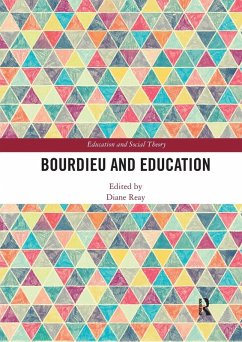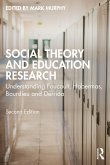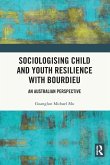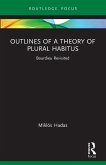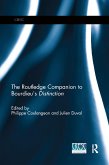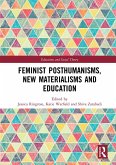Specially selected by Diane Reay, this is a collection of innovative and thought-provoking recently published papers that 'use' Bourdieu to put theory into practice in order to understand and analyse educational problems. Bourdieu's work is renowned for its focus on inequalities and its centering of social justice.
The contributions utilise a wide range of diverse concepts in Bourdieu's theoretical 'tool-kit', and address educational inequalities across different aspects of the educational system - from higher education and parental choice of schooling, to teachers' professional development and the PE classroom. Illuminating key aspects of Bourdieu's scholarship, they reveal how good Bourdieu is 'for thinking with'; illustrate the merits of reflexivity, the move beyond binary ways of reading the social world; and demonstrate the significance of power in any analysis of education.
The chapters in this book were all originally published as articles in Taylor and Francis journals.
The contributions utilise a wide range of diverse concepts in Bourdieu's theoretical 'tool-kit', and address educational inequalities across different aspects of the educational system - from higher education and parental choice of schooling, to teachers' professional development and the PE classroom. Illuminating key aspects of Bourdieu's scholarship, they reveal how good Bourdieu is 'for thinking with'; illustrate the merits of reflexivity, the move beyond binary ways of reading the social world; and demonstrate the significance of power in any analysis of education.
The chapters in this book were all originally published as articles in Taylor and Francis journals.

